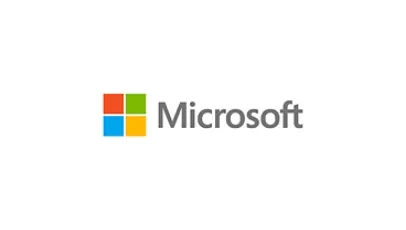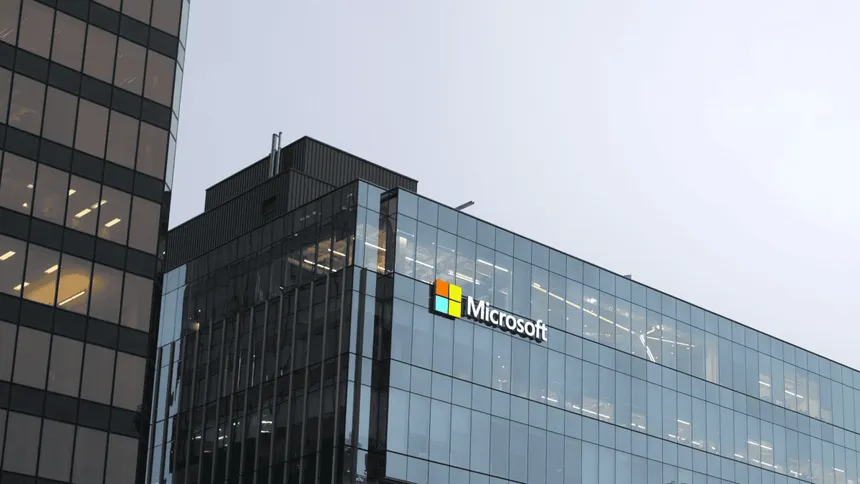Microsoft recently faced a significant disruption to its cloud computing platform, Azure, as well as several other services, including Outlook email and OneDrive file-sharing apps. The company acknowledged that the outage was caused by a distributed denial-of-service (DDoS) attack, a malicious act aimed at overwhelming a server or network with excessive internet traffic. This event highlights the vulnerability of even large and well-established technology companies to cyberattacks.
Initially, Microsoft did not provide much detail about the incident, but in a recent post, the company revealed that the perpetrator, known as Storm-1359, appears to be focused on disruption and publicity. Microsoft has been tracking the activity of this threat actor and believes that it was indeed behind the attack. The company also confirmed that Anonymous Sudan, a hacking group, claimed responsibility for the attack. However, some security researchers suspect that Anonymous Sudan may have links to the pro-Kremlin Killnet hacker group, raising questions about the true motivations behind the attack.
Notwithstanding these concerns, Microsoft asserted that it has found no evidence to suggest that customer data was accessed or compromised during the attack. The company does urge customers to review the technical details and recommendations provided to help enhance the resilience of their systems and mitigate similar attacks in the future.
Anonymous Sudan is a relatively new hacking group that emerged this year, claiming to target nations that interfere in Sudanese politics or promote anti-Muslim views. However, Microsoft’s inability to effectively deal with the DDoS attack has raised concerns about the company’s defense against cyber threats. This incident serves as a reminder that even large technology companies like Microsoft are not immune to the rising threat of DDoS attacks.

Microsoft Confronts Widespread Cyberattack on Azure Services
Microsoft’s Azure service is a critical component of its cloud computing offering, providing infrastructure, platforms, and software solutions to customers around the world. The recent outage highlights the importance of robust security measures to protect Azure and other cloud-based services from increasingly sophisticated cyber threats. As the demand for cloud computing continues to grow, so too does the need for effective DDoS prevention and mitigation strategies.
Furthermore, this incident underscores the importance of transparency and communication in responding to cyber incidents. Microsoft’s decision to provide an update on the cause of the outage and its actions to address the issue shows a commitment to openness and accountability. By sharing its findings and recommendations, Microsoft can help its customers better prepare for similar events and reduce the impact of future attacks.
Ultimately, the Microsoft outage serves as a reminder that the threat of DDoS attacks is a growing concern for organizations of all sizes. It is essential for companies to invest in robust security measures, monitor their networks closely, and develop effective incident response plans to address the increasing threat of cyberattacks. As the reliance on cloud computing continues to grow, so too does the need for effective DDoS prevention and mitigation strategies to ensure the availability and security of critical online services.









































